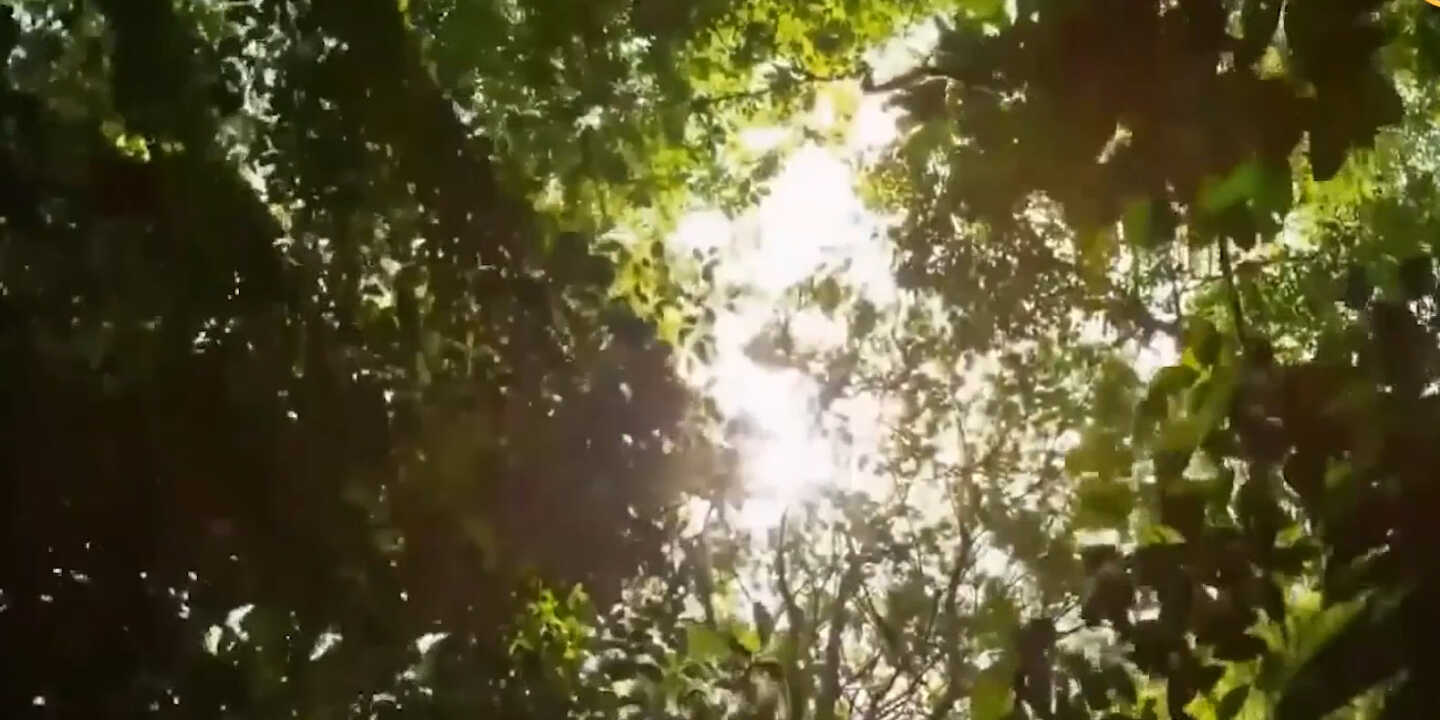網上流傳有人在疫情籠罩下的倫敦、威尼斯和孟買,看到野生動物在市中心漫步或暢泳;可會是因為各國的封城措施,史無前例地讓大自然有短暫的喘息機會?疫情帶給全球災難,也叫我們重新思考全球人類的未來。
Remember that great story about wild animals reappearing in a world in lockdown? We were told that fish, swans and dolphins were gracing the canals of Venice, a city of small islands in Italy, that draws up to 30 million visitors a year.
But National Geographic says the story is not exactly true. The swans have always been there, and the dolphins were filmed not in Venice, but in Sardinia. But the point is accurately made that the global lockdowns in this time of COVID-19 are taking people off roads, out of skies, and away from nature – and all of that, is hitting the pause button on the enormous stresses that human activity places on our planet.
Finally, we’re changing the way we interact with the natural world. Because we’re being forced to. Websites like Flightradar24, which tracks international air traffic, shows airplanes grounded on tarmacs. Carbon emissions are plummeting, especially in China – a major aviation market - where a sharp drop in factory production during the lockdown has also meant less demand for coal and crude oil. This is one of the few upsides to a tragic disease outbreak. But that’s not to say major improvements weren’t already underway.
I remember December 2015 when the international community came together for the Paris Agreement, a landmark moment in human history to fight climate change. There were thousands of people at COP21. The brilliant Greta Thunberg was not one of them… she was just 13 years old and not yet an environmental activist. But three people who were, were absolutely critical: UN Secretary-General Ban Ki-moon, US President Barack Obama, and Chinese President Xi Jinping. It’s surprising to some – because the US and China are two of the biggest emitters of carbon dioxide. But because of that, what they do really achieves an impact.
For more than a decade, China has been replanting millions of trees. And the pay offs are significant. Expanding forest coverage provides clean water, helps save endangered species, and regulates the climate for our planet. And it’s also reduced poverty.
Local herdsmen in China’s deserts are employed to plant trees in areas often associated with extreme poverty. For the first time in history, they and their families are no longer being left behind. The space agency NASA says China and countries like India are helping the world to gain two million square miles of green leaf area, the equivalent of all the Amazon rainforests put together.
Clearly, all of this needs to happen everywhere and it needs to happen with or without a pandemic. We’ve been warned so many times that the world is at a tipping point. And Maybe COVID-19 has pushed us off that cliff and it’s now too late. Or maybe we have one more chance to earn the sustainable low carbon future we promised to deliver and to earn the respect of our planet.
